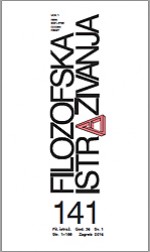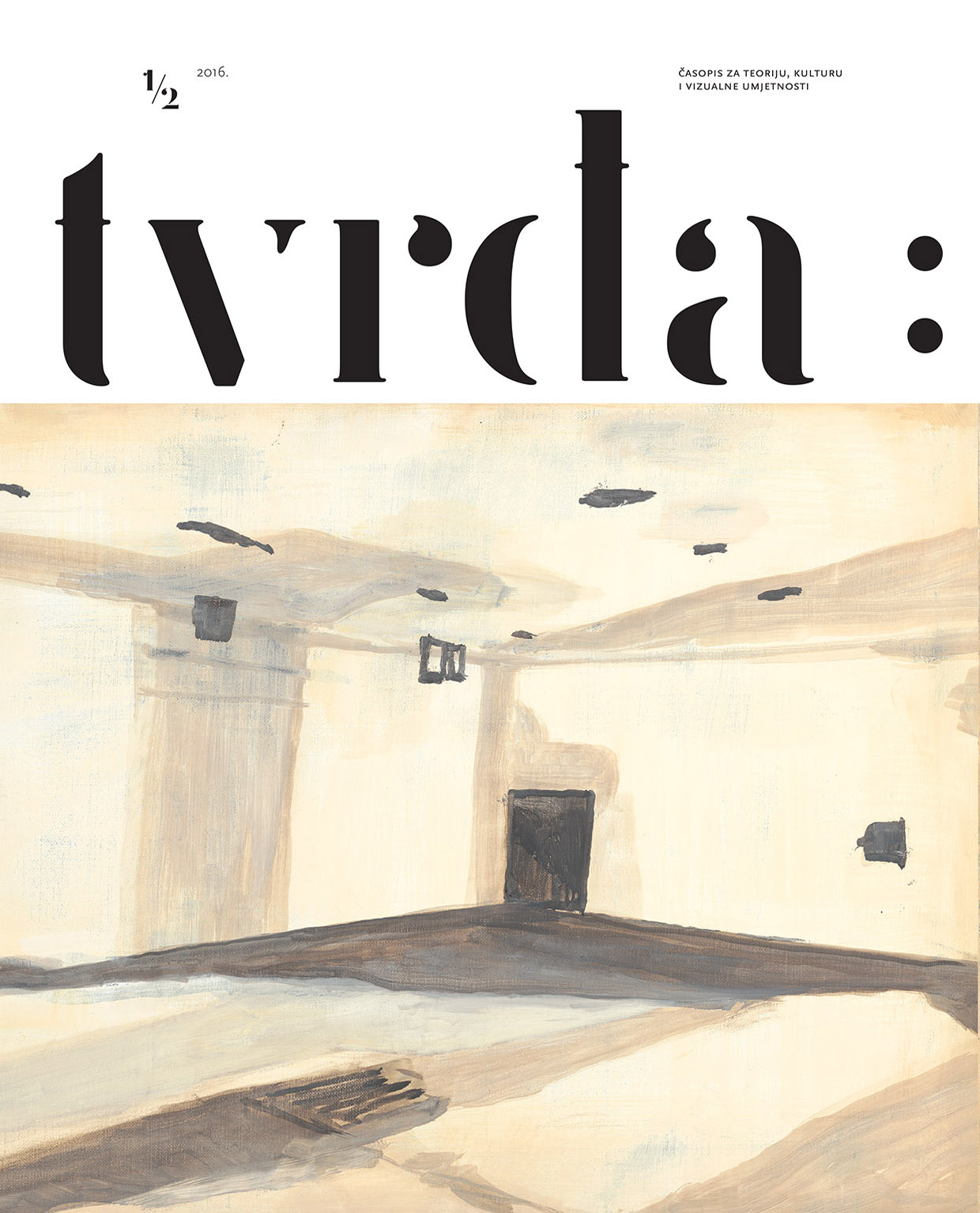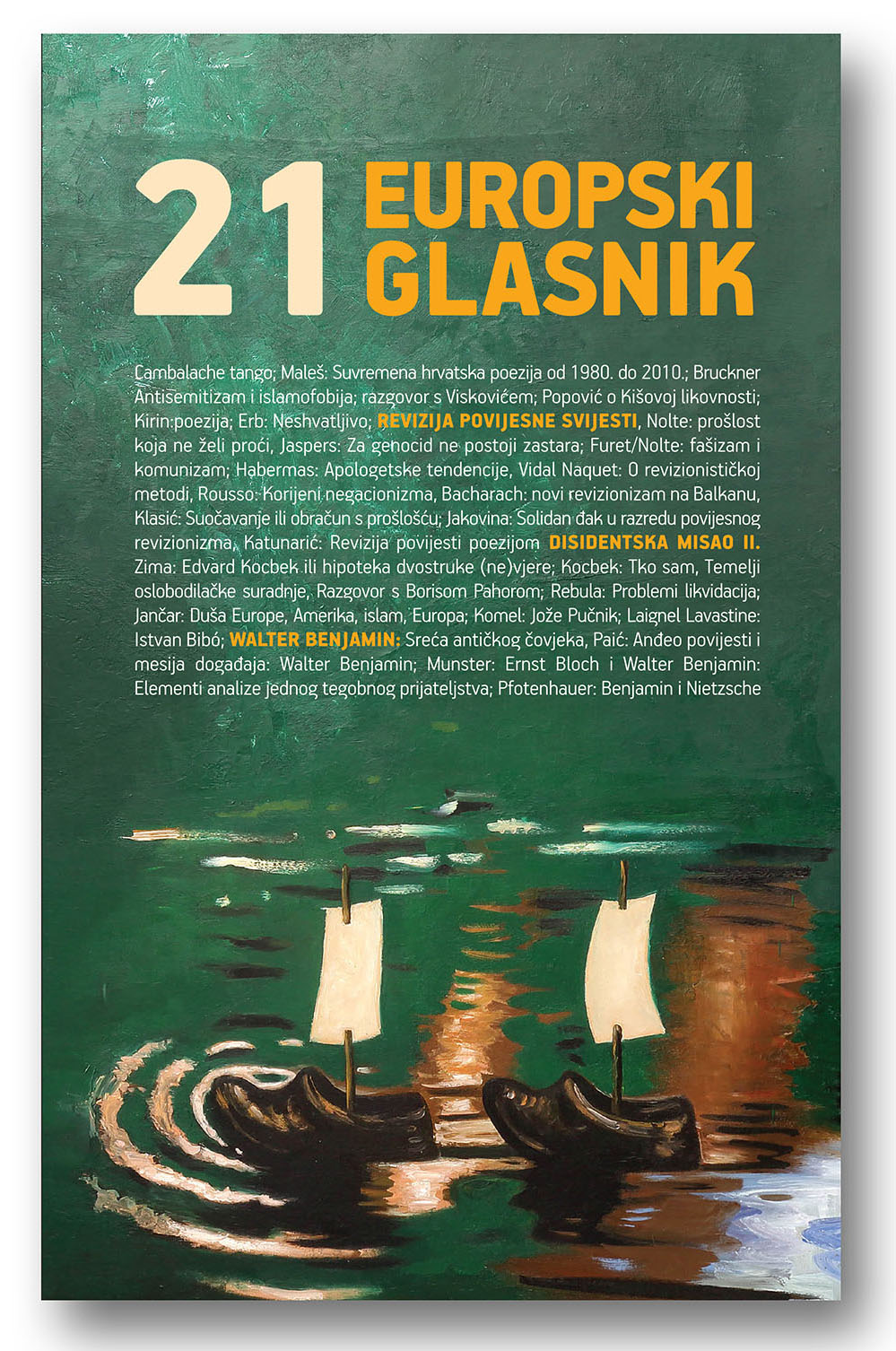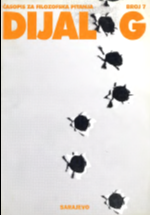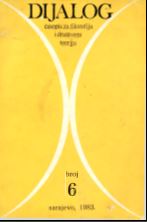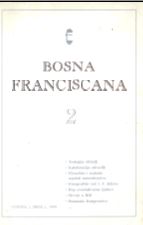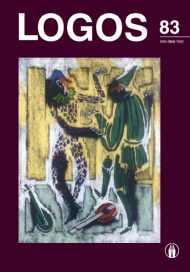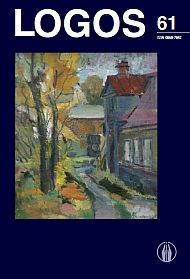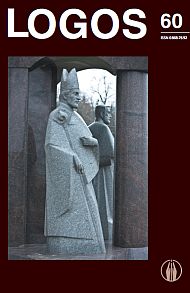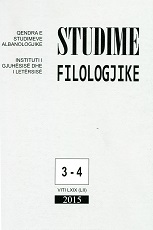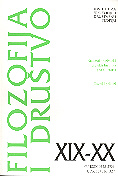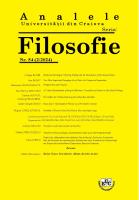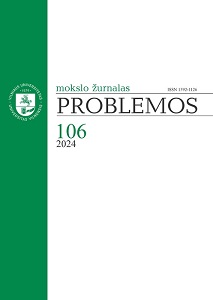
Filozofija i tehnika - dva različita svjetonazora u spoznaji životnog svijeta
Philosophy and technology have always been interconnected in the framework of life-world. While in ancient Greece, philosophia (as love towards wisdom) and techne (as a technique of making either artistic or handy artefacts) were close by their world-views, this interconnection was getting lost through the history of mankind. Nowadays, in the age of developed communicative and other technologies, the philosophy represents still the traditional way of knowing and interpreting world (best example is in hermeneutics), whereas technology represents knowledge and identity according towards a purely pragmatic foundation of spreading quick and easily accessible information. Philosophy still wants to find a place for 'humanism'. Technology is concerned with functioning and performability of a system. Philosophy - just as a theoretical basis of the tradition of what was best in the history of mankind and with help of sophisticated new technologies - should, nowadays, be a technique of 'good (and more humane) living'.
More...
